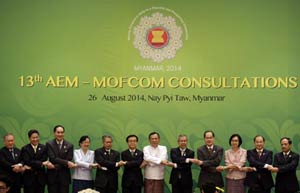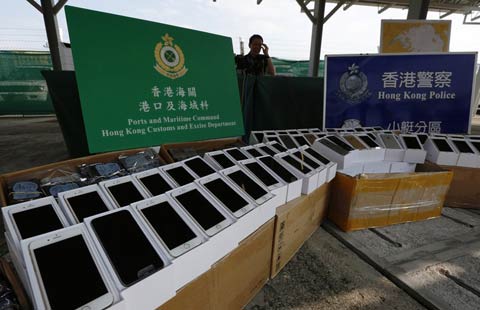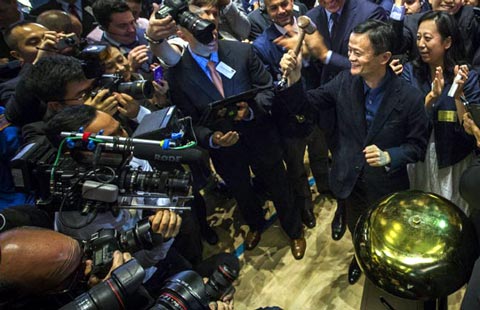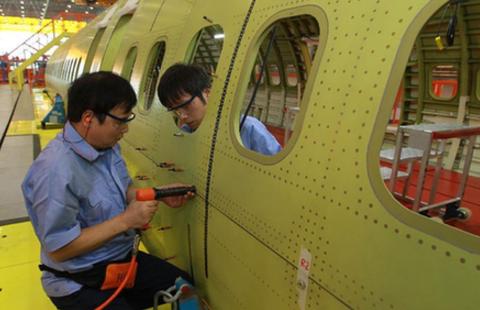Expert says impasse on WTO must be broken
By Li Xiang in Nanning (China Daily) Updated: 2014-09-23 07:05
China will suffer substantially if the global multilateral trade negotiation mechanism collapses, a senior official of the World Trade Organization said recently.
Global trade negotiations have stalled after India's recent veto on the Bali deal, an agreement struck on the Indonesian island last December that would have been a historic achievement in the WTO's almost two-decade history.
WTO Deputy Director-General Yi Xiaozhun said it was imperative to start the post-Bali negotiations as early as possible so that WTO can ensure that the global trade facilitation agreement would be successfully implemented, without compromising the interests and agenda of each member state.
The setback had ignited fears of a possible collapse of the multilateral trade system as the Geneva-based body has been challenged by rising regional and bilateral free trade agreements.
"If the system is paralyzed, China could be one of the biggest victims because the country's economic success has benefited substantially from its participation in the WTO. It has also helped create a fair and unbiased trade environment globally," Yi said.
China should continue to make the multilateral trade mechanism a priority of its trade policies, and its attitude and decision-making are crucial to the existing multilateral system, he said.
Yi made the comments on the sidelines of the China-ASEAN (Association of South-east Asian Nations) Expo, a regional trade and investment fair and major plat form for economic dialogue between China and ASEAN countries. The expo concluded on Friday in Nanning, the Guangxi Zhuang autonomous region.
While acknowledging the positive roles of regional FTAs, such as the one between China and ASEAN countries, Yi said regional and bilateral free trade negotiations should be based on the grand rules and principles of trade on the global level.
Yi became first Chinese person to be appointed as the deputy chief of the WTO in 2013. He was the vice-minister of commerce before taking office in Geneva as the Chinese ambassador to the organization in 2011.
Yi said China should accelerate the opening of its service industry and promote greater trade in services with its global business partners.
China's trade in services reached $335.7 billion in the past seven months, a year-on-year increase of 14.3 percent, according to the Ministry of Commerce.
"The country's future economic success depends on further opening up and on service sector reforms, which are an important touchstone of China's development model," Yi said.
"Otherwise, China will forever remain at the lower end of the global value chain and will find it difficult to avoid the middle-in-come trap," he said.
Commenting on the impact of China's economic slowdown, Yi said that given its economic weight, China has significant influence on the global trade and job markets and needs to maintain a reasonable growth rate to alleviate worries of its trading partners.
"The country should take into account the spillover effect of its trade and investment policies on its neighbors and the international market," he said.
 |
 |
| Trade barriers hamper Sino-India ties |
|
- London Metal Exchange to add RMB in new clearing system
- Fosun's Portuguese subsidiary to bid for ES Saude
- Greater coordination of environmental protection, development stressed
- Jack Ma's HK complex shared by his peers
- iPhone 6 smuggling bid busted
- Alibaba 'vital' but not the only platform
- Nissan, Dongfeng come together for Infiniti
- Microsoft's Xbox gets hit by Monday blues

















